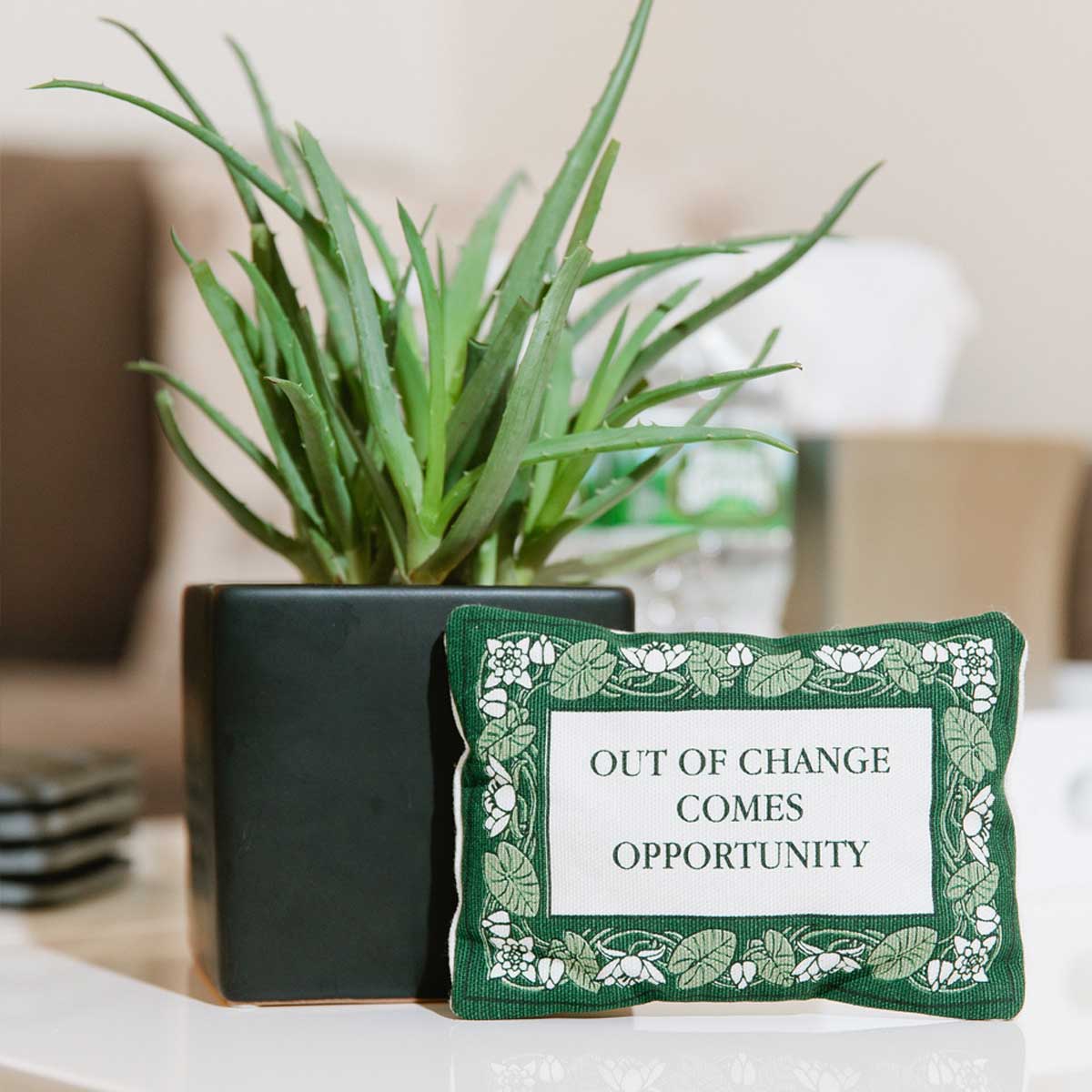There is no denying that the decision to move in together is a major one.
What is usually an exciting and memorable time can also be fraught with difficulties such as navigating the need to keep a feeling of independence while also maintaining a sense of togetherness.
It can be comforting and anxiety-provoking all at the same time!
Perhaps you’ve been adjusting fairly well. Or perhaps you’ve noticed there’s been an increase in arguments or emotional distance and you just can’t seem to make much progress together.
Here are a four suggestions to help you navigate this transition more easily:
Preserve Your Own “Space” In the Relationship
‘Space’ can apply to both the literal and figurative. In places like NYC, where literal space tends to be limited, you may have to tap into the figurative meaning to make this one happen.
While you might be thoroughly enjoying the cozy nights in–catching up on Netflix, cooking together, hanging out, etc.–taking the time to make plans that nurture your own separate sense of identity is a great way to keep your relationship healthy and vibrant.
When partners have separate outside interests, it often has a wonderful effect on the relationship. Focusing on your friends, your community, your career, a special hobby/ interest, or just trying something new are all great ways to nurture and develop yourself. You contribute to creating a positive and attractive atmosphere for your relationship to function at its best when you are busy living life and not hyper-focused on your partner.
Your relationship is no different from any other living, breathing organism—it needs the right conditions in order to thrive!
Practice Navigating Conflict Together
Sometimes it’s easy to get into this mindset of “We shouldn’t be fighting so much, we just started dating” or, “Is this normal? Do other couples fight like this?” Pay attention to how you treat each other during a conflict and how you handle repairing the relationship afterwards.
When two people get together there will inevitably be differences in how you handle conflict and the way you approach situations. Think for a minute about your comfort zone:
- What do you tend to do when you feel triggered by something someone said or did?
- Do you notice that you tend to go inward or outward?
- Do you tend to want to discuss it right then and there, or do you prefer to withdraw and distance yourself from that person?
Exploring your own tendencies when it comes to relationship stress is a great way to make some positive shifts.
Discuss Your Values as a Couple
When you have found a partner that you’d like to “stay still” and build a future with, talking about values and what you believe to be important in life can help you develop a strong foundation.
Perhaps you’ll discover that your values align quite well or you’ll learn the small areas in which your values differ. Talking about values is important because it helps you understand more deeply your partner’s inner world and what the other person is motivated by.
- Does family play an important role?
- Are her friendships intensely important to her?
- Do his hobbies provide a deep sense of peace that he is not willing to live without them?
Exploring what these values mean for your relationship in terms of compromise can help you and your partner to feel understood and respected in your relationship.
Talk About the Finances
Whatever arrangement you decide on, it’s important to begin building financial intimacy as a couple. Talking about finances is often very difficult for many couples since it involves exploring personal philosophies about spending, saving, and earning. It’s natural to feel a little anxiety as well as the desire to avoid it. If left unaddressed, financial differences could begin to dominate the atmosphere of your relationship.
It’s important to remember that financial intimacy will require a series of conversations over time. This is not something that gets solved by one or two small conversations. Getting on the same page with the finances will help you function better as a couple. Start by addressing some of the early messages you received about spending and saving.
- What do you truly value in life and why?
- What do you like spending money on?
- As you reflect on your current spending, does it make you feel happy or disappointed in some way?
- When it comes to spending and saving, what vision do you have for your relationship?
- Are there significant differences in how you and your partner relate to money? (For example, one person may have a lot of savings while another has some debt–how does this affect your dynamics? Or you have a “rags to riches” background that deeply informs how you relate to finances and the world at large?)
These insights are “grist for the mill” to help you get to know and understand your partner’s perspective more deeply.
Be patient with yourself and your partner as you navigate the uncharted territory of sharing a space and new responsibilities together.
As you’re talking about these areas, you may notice that there are topics you want to hear more about and understand a little better. That’s a great thing! Stay curious, you are learning about yourself and the other while simultaneously building on a shared future together.

